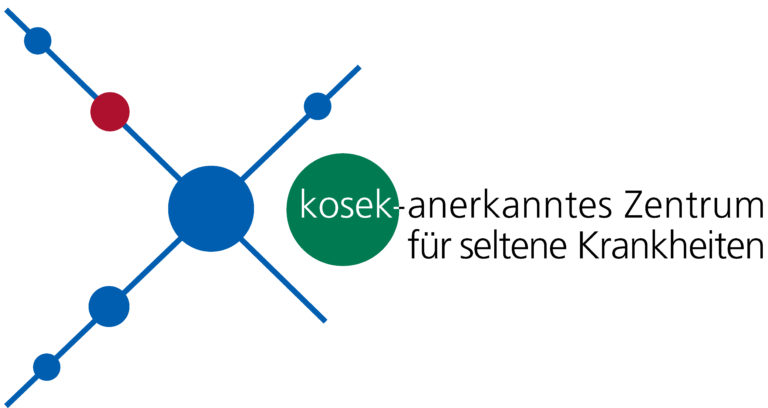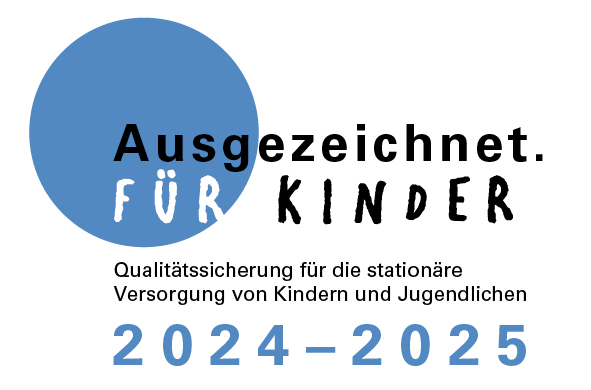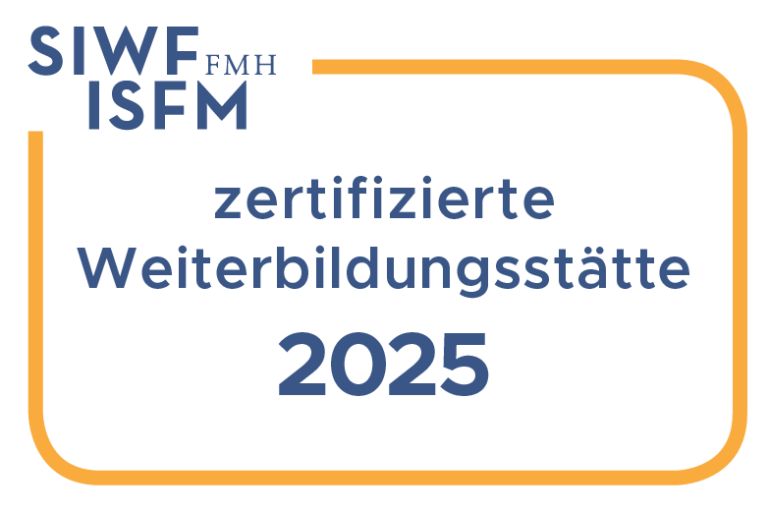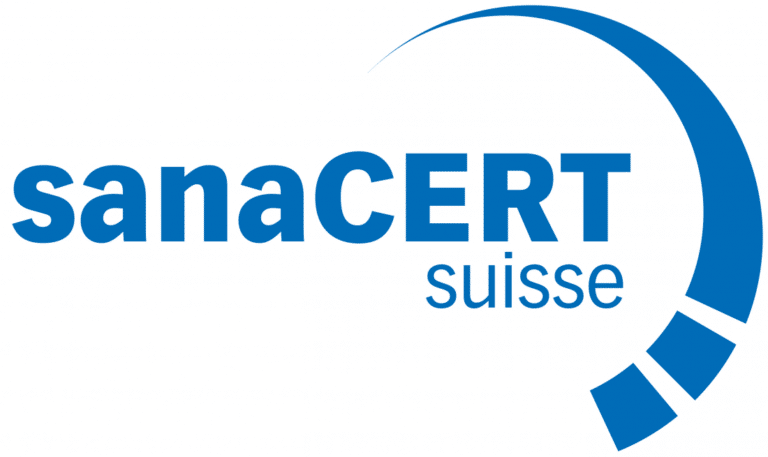Contact us
High contrast
This page has been translated automatically.
Anaesthesiology plays a central role in operations, specialised and painful examinations (such as gastroscopies and bone marrow punctures) and dental treatment. Patients are given an anaesthetic before these procedures. Anaesthesia is also used for examinations that require a child to remain still for a longer period of time (such as magnetic resonance imaging and computer tomography).
A professional team is available at UKBB for these anaesthesias. The doctors and nurses specialising in paediatric anaesthesia care for around 4,800 children every year. They also provide specialised pain treatment for children and adolescents on all of the hospital's wards, including the Intensive care medicineand are present at all times in the event of threatening emergencies.
At least one day before each operation, the child to be operated on is examined by an anaesthetist. The child's parents will be told which anaesthetic will be used before the operation and how the procedure will proceed. A child must have an empty stomach before an anaesthetic. For this reason, the anaesthetist in charge will inform the parents during the preliminary examination when the child is no longer allowed to eat or drink.
The nursing staff will help the child to prepare for the operation. As a rule, each child is given a mild sedative before being taken to the operating theatre. A parent may accompany the child until it has fallen asleep.
After the child has fallen asleep, the responsible staff bring them to the operating theatre or examination room. Specially trained anaesthetists and nurses look after the child and continuously monitor their circulation, breathing and other important bodily functions. They ensure that the child sleeps soundly and does not feel any pain. Parents are not allowed to be present during the operation.
After the procedure, the child is taken to the recovery room. There it continues to be cared for and slowly begins to wake up. The parents can now keep their child company again. Surgery may cause wounds that can cause pain. These and any nausea or vomiting are treated with appropriate medication.




058 387 78 82 (Costs are settled via the health insurance company)
In the event of an emergency abroad, call the emergency number of your health insurance company. You will find the contact details on your health insurance card.
145 (Poison and Information Centre)
University Children's Hospital of both
Basel, Spitalstrasse 33
4056 Basel | CH
Phone +41 61 704 12 12
© UKBB, 2025
The Medgate Kids Line provides quick and uncomplicated medical advice if your child is unwell. The medical team of our partner Medgate is available to you by telephone around the clock.
For emergencies abroad: Call the emergency number of your health insurance company. You will find this number on your health insurance card.
More information: On the Page of the emergency ward you will find everything you need to know about behaviour in emergencies, typical childhood illnesses and waiting times.
144 Outpatient clinic
145 Tox Info Suisse (Poisonings)
117 Police
118 Fire brigade
Which topic would you like to contact us about?
For praise or criticism, please use the Feedback form.